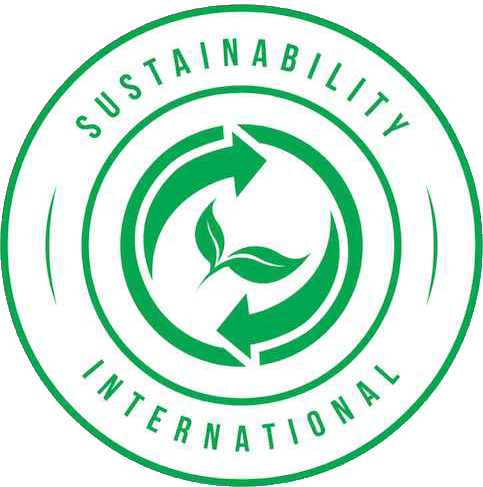Since the first market sellers shouted out the merits of their wares to passersby, untruth in advertising has been a problem. Unscrupulous businesses have adapted to the times, and as consumers have become more concerned about the environment, greenwashing has become more common.
A classic study determined that nearly all green marketing claims are potentially misleading – or outright false. Truly green products are not easy to find and no company produces products with zero environmental impact. When you shop for sustainable products, you are still really only looking for the most sustainable product available.
But even if no perfectly green product is available, learning how to identify greenwashing will make it easier to find the companies whose environmental claims really reflect a greener product. Here’s what you need to know about false environmental claims in marketing.

Greenwashing Strategies
Greenwashing is when packaging or advertising creates the impression that a product is more sustainable than it really is. Marketing studies show that 78% of Americans believe companies should be environmentally responsible and 64% say shopping green makes them feel happy. This information should lead companies to develop more sustainable products. But sometimes it leads them to develop new marketing campaigns designed to make customers feel better about their unimproved products instead.
Most of the time, greenwashing does not involve provably false claims; it’s easy enough to mislead without telling a lie. Marketers employ a variety of strategies to do this, and they can be quite subtle. Claims that misdirect attention away from hidden trade-offs and claims that are vague or irrelevant are all misleading rather than false. These greenwashing methods are dishonest, but they are not illegal.
Untruth in Advertising
Untruth in advertising is not as subtle as other forms of greenwashing. It’s simply making a false environmental claim – in other words, telling a lie. Sometimes these lies are easily uncovered. For example, it takes only a second look to recognize that a laundry detergent claiming 100% recycled paper packaging is actually a plastic bottle with a paper label. Other, equally untrue claims are harder to disprove without extensive product research. One helpful resource, the truth in advertising website, frequently reports on companies accused of greenwashing.
Labeling Lies
Untruth in advertising often relates to eco-certification and green labels. This is especially pernicious because consumers rely on third-party certifications to help them shop their values when time does not permit detailed research on a product. Fake labels give the impression of third-party endorsement where no such endorsement exists. A product may refer to an environmental claim in a way that makes it sound like a verified certification. For example, they may capitalize words like “Sustainably Produced.”
A product may include a logo for a certification that does not exist or include a logo that looks like an eco-label but is not. For example, the “he” high-efficiency label is often presented in ways that imply the labeled product is energy efficient. But “he” is unrelated to any specific energy efficiency standards. The “he” label is actually intended to match certain clothes washers with their appropriate laundry detergent.
In the U.S., labels like “USDA Organic” and “Energy Star” are federally defined. Producers must go through the certification process they can use those labels legally. However, some products that bear these labels are not actually certified by those programs. The only way for consumers to protect themselves against false certification labeling is to check with the certifying agency. Most certification systems, including government-sponsored Safer Choice, USDA Organic, and Energy Star, as well as NGO programs like Fair Trade and Green Seal, maintain a list of current certified producers or products online.
False Advertising
Less than 1% of greenwashing offenses involve verifiably false claims. That may be due in part to the fact that unlike other forms of greenwashing, making false claims is illegal. The Federal Trade Commission (FTC) produces Green Guides that provide guidelines to help responsible marketers avoid making environmental claims that mislead consumers. It is responsible for determining whether specific advertising is false or misleading, and for taking action against false advertisers.
You can file a complaint with the FTC online or at this toll-free number: 1-877-FTC-HELP (1-877-382-4357). Unfortunately, they rarely take legal action and very few greenwashers are ever held accountable. The FTC has filed only two to five environmental marketing cases per year since 2015. Those cases, as well as any advisory opinions by FTC on greenwashing, are summarized online.
Whether it’s false advertising or other greenwashing strategies, when it comes to shopping for sustainable products, it really is buyer beware.
This article is the fifth in a six-part series that includes the following topics:
- What Is Greenwashing?
- How to Spot Greenwashing
- Uncovering Greenwashing: Vague Promises & Irrelevance
- Greenwashing: The Lesser of Two Evils
- Finding the Real Green Thing
The post Greenwashing: Untruth in Advertising appeared first on Earth 911.








